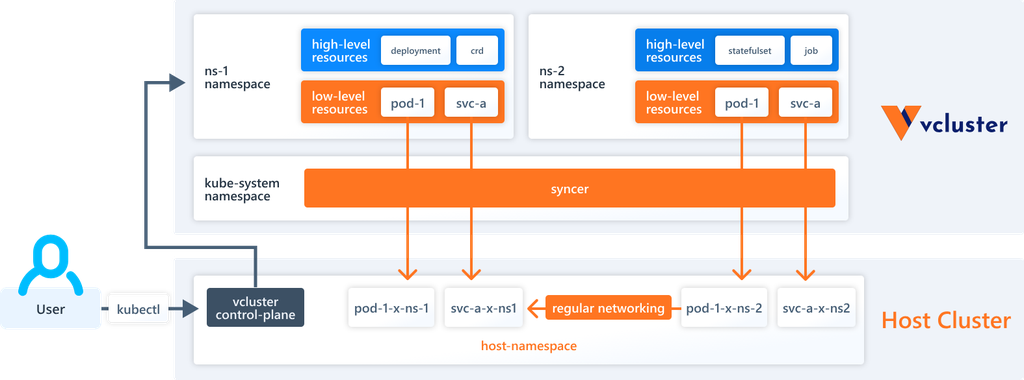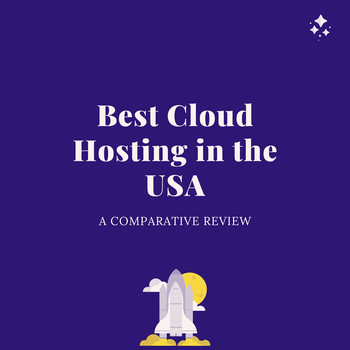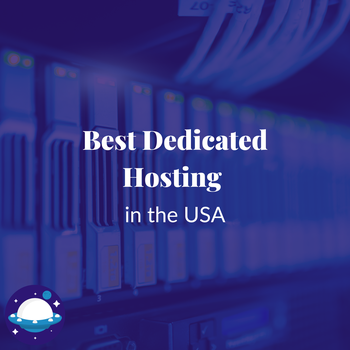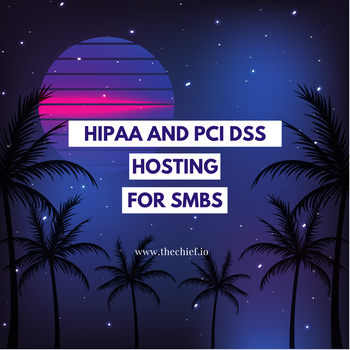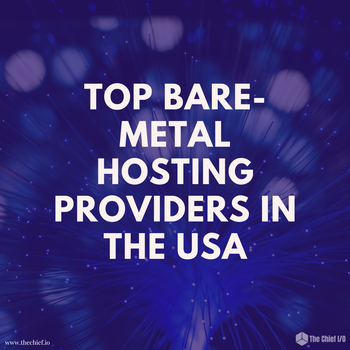Loft Labs Introduces Vcluster, a Kubernetes Virtual Cluster Innovation
Loft Labs provides a solution for the complexity of multi cluster creation.
TL;DR
Software Studio, Loft Labs, on March 13, 2021, launched a virtual Kubernetes cluster (Vclusters), an innovative panacea for the heavy workload on Kubernetes. It is now freely available on Github.

Key Facts
The project is launched under the popular Apache 2.0 source code allowing indiscriminate access.
Virtual clusters run a unique cluster creation mechanism compared to real clusters.
The Vclusters support software multi-tenancy.
Details
Multiple cluster creation and management have always been tricky subjects. Anyone could draw containers up, use the contents, and shut them down, easily. That is not the case when dealing with multiple containers. In this case, working with or on dozens to thousands of containers needs to employ a platform equipped with the automated operational ability to run containerized workloads and services, a container orchestrator, the most popular being Kubernetes.
However, the adoption of this container service does not suddenly make it a walk in the park. Loft Labs came up with an answer to one of the most persistent questions in Kubernetes container orchestration; cluster creation. Creating multiple clusters means a lot of hands-on-deck, a lot of time needed, a lot of money and infrastructure consumed with no end—a 2019 startup dedicated to creating open source tools and virtual cluster technology. Loft Labs says DevOps teams can create lightweight, fast virtual clusters with far fewer demands than real clusters with Vclusters. Synced with Kubernetes, each Vcluster works with a designated Kubernetes cluster.
Vcluster is the first actually working virtualization technology for Kubernetes,
Fabian Kramm, CTO of Loft Labs, had a few to say,
There are other similar solutions being developed; however, Vcluster is the only one that is already being used in production by a variety of companies.
Another difference between real clusters and virtual clusters is how they rely on apportioning workloads inside the underlying Kubernetes cluster, maintaining their control plane.
As characteristic of virtual clusters, Vclusters operate as a single pod of two containers.
A data store, by default, SQLite, an API server, and a controller manager of lightweight K3s, a certified and recognized Kubernetes distribution in the sandbox level of the Cloud Native Computing Foundation (CNCF) project ranks, are the major constituents of the Control Plane.
Virtual clusters do not have schedulers, they have syncers instead. Scheduling is done by the host cluster after the pods that need scheduling have been copied by the syncer, after which the Vcluster enforces the synchronization of the Vcluster pod and host cluster pod.
The idea is, instead of creating a heavyweight, resource-hungry, isolated clusters, they should create something accessible, light, and easy to use.
This means the financial strain along with the infrastructure needed to create Vclusters is much lesser compared to infinitely creating heavyweight real clusters.
Vclusters do not only offer financially affordable alternatives than real clusters, they support multiple independent operations in a shared environment, multitenancy. Subscribers can also use Vclusters for practice or illustrations without fear of the main clusters being affected.
Get similar news in your inbox weekly, for free
Share this news:
Latest stories
Best Cloud Hosting in the USA
This article explores five notable cloud hosting offers in the USA in a detailed way.
Best Dedicated Hosting in the USA
In this article, we explore 5 of the best dedicated hosting providers in the USA: …
The best tools for bare metal automation that people actually use
Bare metal automation turns slow, error-prone server installs into repeatable, API-driven workflows by combining provisioning, …
HIPAA and PCI DSS Hosting for SMBs: How to Choose the Right Provider
HIPAA protects patient data; PCI DSS protects payment data. Many small and mid-sized businesses now …
The Rise of GPUOps: Where Infrastructure Meets Thermodynamics
GPUs used to be a line item. Now they're the heartbeat of modern infrastructure.
Top Bare-Metal Hosting Providers in the USA
In a cloud-first world, certain workloads still require full control over hardware. High-performance computing, latency-sensitive …
Top 8 Cloud GPU Providers for AI and Machine Learning
As AI and machine learning workloads grow in complexity and scale, the need for powerful, …
How ManageEngine Applications Manager Can Help Overcome Challenges In Kubernetes Monitoring
We tested ManageEngine Applications Manager to monitor different Kubernetes clusters. This post shares our review …
AIOps with Site24x7: Maximizing Efficiency at an Affordable Cost
In this post we'll dive deep into integrating AIOps in your business suing Site24x7 to …
A Review of Zoho ManageEngine
Zoho Corp., formerly known as AdventNet Inc., has established itself as a major player in …
